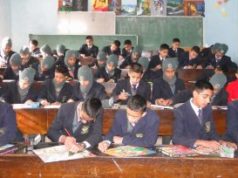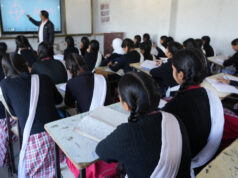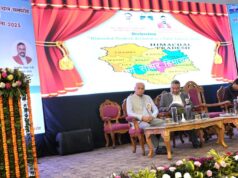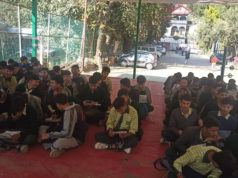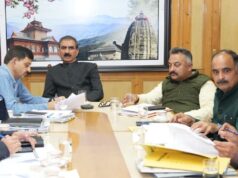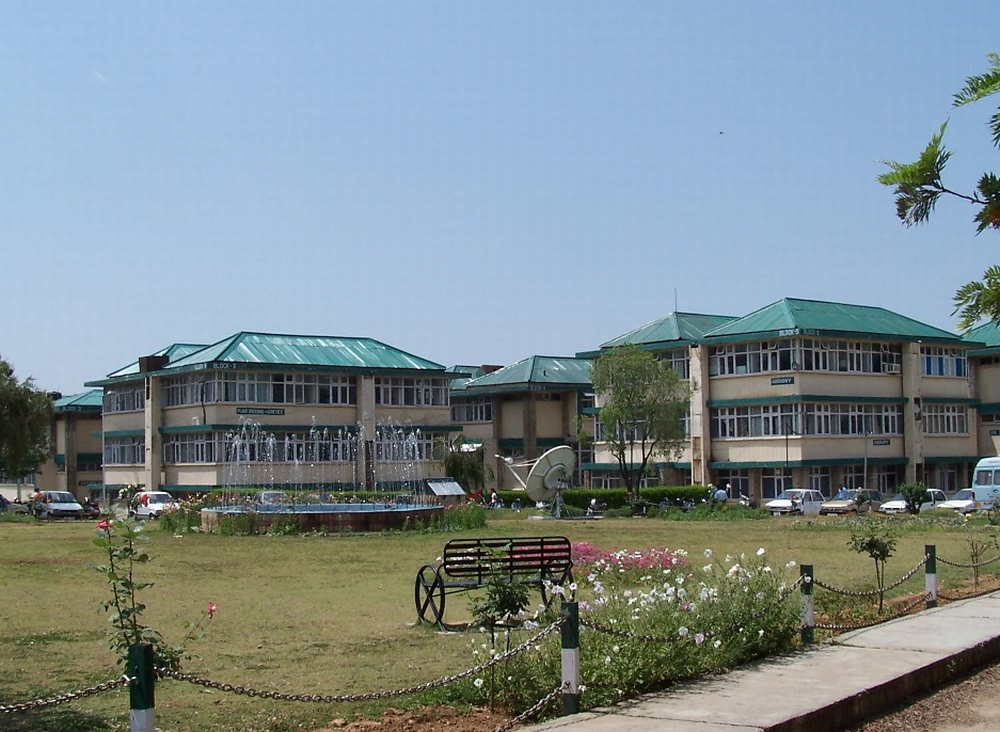Nonetheless, despite advancements across various sectors, the educational system is currently confronting a multifaceted crisis impacting millions of students nationwide. This predicament reflects challenges such as insufficient infrastructure, inequities in access, outdated curricula, a shortage of educators, and socio-economic impediments that obstruct educational success. Our premier educational institutions have been unable to secure a position within the top 50 rankings of global universities, as assessed by various platforms.
Education in India has undergone several transformations, shaped by colonial governance, independence, and economic reforms. Post-independence, ironically, the government adopted Macaulay’s educational framework. Macaulay recognized that the traditional education system in India fostered an attachment to indigenous traditions, culture, and customs, which was deemed unacceptable by colonial powers. British India required individuals capable of fulfilling clerical roles. Consequently, Macaulay advocated for an educational model wherein Indian students would be instructed in English and exposed to Western ideologies. He articulated, “We must at present do our best to form a class who may be interpreters between us and the millions whom we govern; a class of persons, Indian in blood and colour, but English in taste, in opinions, in morals, and in intellect. To that class we may leave it to refine the vernacular dialects of the country, to enrich those dialects with terms of science borrowed from the Western nomenclature, and to render them by degrees fit vehicles for conveying knowledge to the great mass of the population.”
There exists an enormous distortion within our education system. We frequently struggle to discern the essence of authentic education. Numerous challenges persist, such as an outdated curriculum, a rural-urban divide, and a digital divide; however, the fundamental issue lies in the perspective we maintain regarding education. Over the past decade, the educational framework has undergone significant transformations. However, despite these modifications, our objectives remain unfulfilled. This system is deficient in moral and ethical values, as well as essential social interactions required for a child’s development. The education system compels students to seclude themselves, directing their youthful vigour into a detrimental social competition.
Furthermore, it has markedly failed to adequately address crucial economic management and mental health issues, constituting a fundamental flaw in our system. Our approach adheres to the philosophies of investment and production, neglecting the intrinsic purpose of life itself. We have entirely overlooked the importance of process. Stakeholders such as parents and educators consistently urge their charges to strive for excellent grades, yet the pervasive issue lies in the overwhelming pressure for children to study relentlessly. This mentality fosters a troubling environment. The critical element that is absent is the emphasis on the process. Today, there is a disinterest in the journey of life. As the saying goes, “You work – you are a worker; I live – I am a liver.”
It is not that we lack a robust system; rather, the primary impediment is the absence of clear direction, leading to a cyclical sense of entrapment. Tragically, suicide has become a distressing reality in our nation. The term ‘education’ is currently tarnished by certain coaching institutes. The government has introduced the New Education Policy 2020; however, progress has been unsatisfactory. Our system is excessively theoretical, resulting in skill development initiatives being perceived as futile. The National Service Scheme, an initiative of the Ministry of Youth Affairs & Sports, Government of India, serves as a platform for considerable opportunities in personality development for students, yet this potential remains largely unrecognized.
A comparison of the current Indian education system with that of the United States reveals startling disparities. The reason behind this is boldly clear: we want to create clerks. The education system in the United States prioritizes learning, equipping children to explore and comprehend concepts through practical application rather than solely via written examinations. It emphasizes individualized, practical assessment over rigorous academic competition. In contrast, the Indian education system emphasizes rote memorization and academic performance, with significant respect for educators and a focus on final examinations. Academic success is valued above athletic or holistic achievements.
The primary drawbacks of the current Indian education system include a deficiency in creativity and a rigid teaching methodology. Even in early grades, formal examinations are common, leading to a stressful environment for both students and parents. Examination schedules are predetermined, influencing all school-related activities. During this period, parents typically prioritize the establishment of a conducive study atmosphere for their children. Typically, students who excel at memorization tend to achieve higher marks in India, while the potential for creative thinking is often undervalued. Conversely, in the United States, creative students tend to perform better.
In lower grade levels, assessments are integrated into everyday learning, thus students do not typically engage in extensive study sessions prior to tests. However, in higher grades, more preparation occurs, albeit with less stress. The Indian system places substantial weight on rote learning, compelling students to absorb large amounts of information. Consequently, Indian students generally excel in quantitative disciplines. Nonetheless, knowledge is often treated as immutable facts rather than concepts to be critically evaluated, hindering young Indians’ performance in less quantitative subjects and their proficiency in critical or independent thought.
The American educational paradigm tends to prioritize soft skills, thereby fostering well-rounded individuals with extensive interdisciplinary knowledge. However, this results in relatively weaker performance in specific subjects compared to their Indian counterparts at the same academic level. Reflecting on our ancient educational structure, the Gurukul system, which originated in India, was dedicated to comprehensive education and personalized learning through deep student-teacher relationships. In contrast, contemporary education leans towards standardized curricula characterized by a focus on examinations and technological proficiency. Current pedagogical practices often involve larger class sizes and rote memorization, which may diminish personalization.
It is imperative to acknowledge that the Indian education system is credited with the invention of zero. Indian scientists have made significant contributions to global science and technology. Numerous esteemed scientists, a testament to the Indian education system, exemplify an extensive legacy. Thus, there exists an urgent necessity to reintroduce Gurukuls to advance holistic education and sustainability. Consequently, traditional Indian educational institutions are gaining renewed interest, blending age-old wisdom with modern pedagogical practices. Embracing Gurukul principles related to mentorship and community service within the existing educational framework could enhance the current system, contributing to a more balanced approach to intellectual and moral growth.
Ultimately, modern education should center on experiential learning, equipping students to grasp and apply concepts not solely through textbooks but through practical engagement, thereby avoiding excessive emphasis on standardized testing or competitive academics, and fostering smaller learning environments alongside ongoing practical assessments of student progress.


